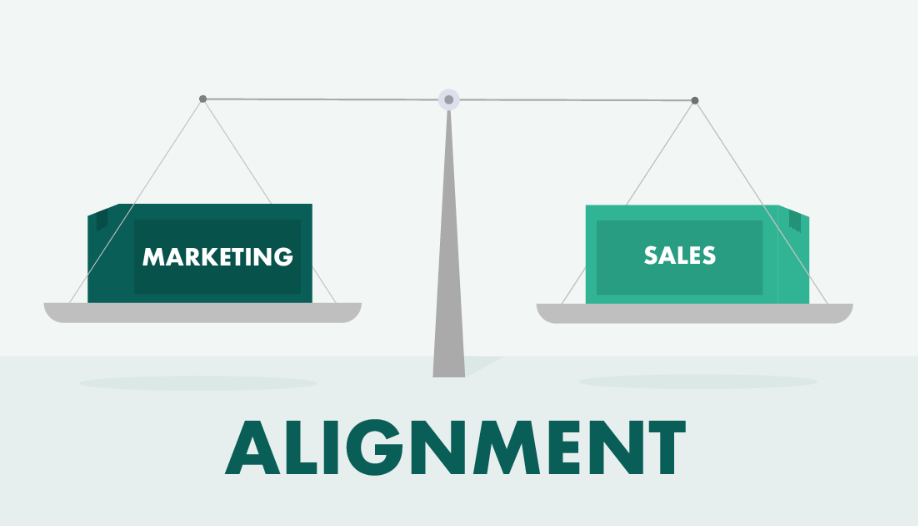Artificial Intelligence is transforming how B2B companies make critical decisions—from pricing strategies to hiring and customer segmentation. However, as AI's influence grows, so does the need for ethical frameworks that ensure transparency, fairness, and accountability.
Ethical AI means addressing biases embedded in training data, ensuring algorithms do not unfairly discriminate against certain groups or lead to unintended negative outcomes. It also involves maintaining explainability so stakeholders can understand how decisions are made.
Organizations prioritizing ethical AI build greater trust with clients and employees, reduce legal risks, and foster sustainable innovation. Establishing clear governance, ongoing audits, and cross-functional oversight are essential steps in this journey.
Ultimately, ethical AI isn't just a compliance checkbox—it's a competitive advantage that safeguards reputation while driving smarter, fairer business outcomes.





